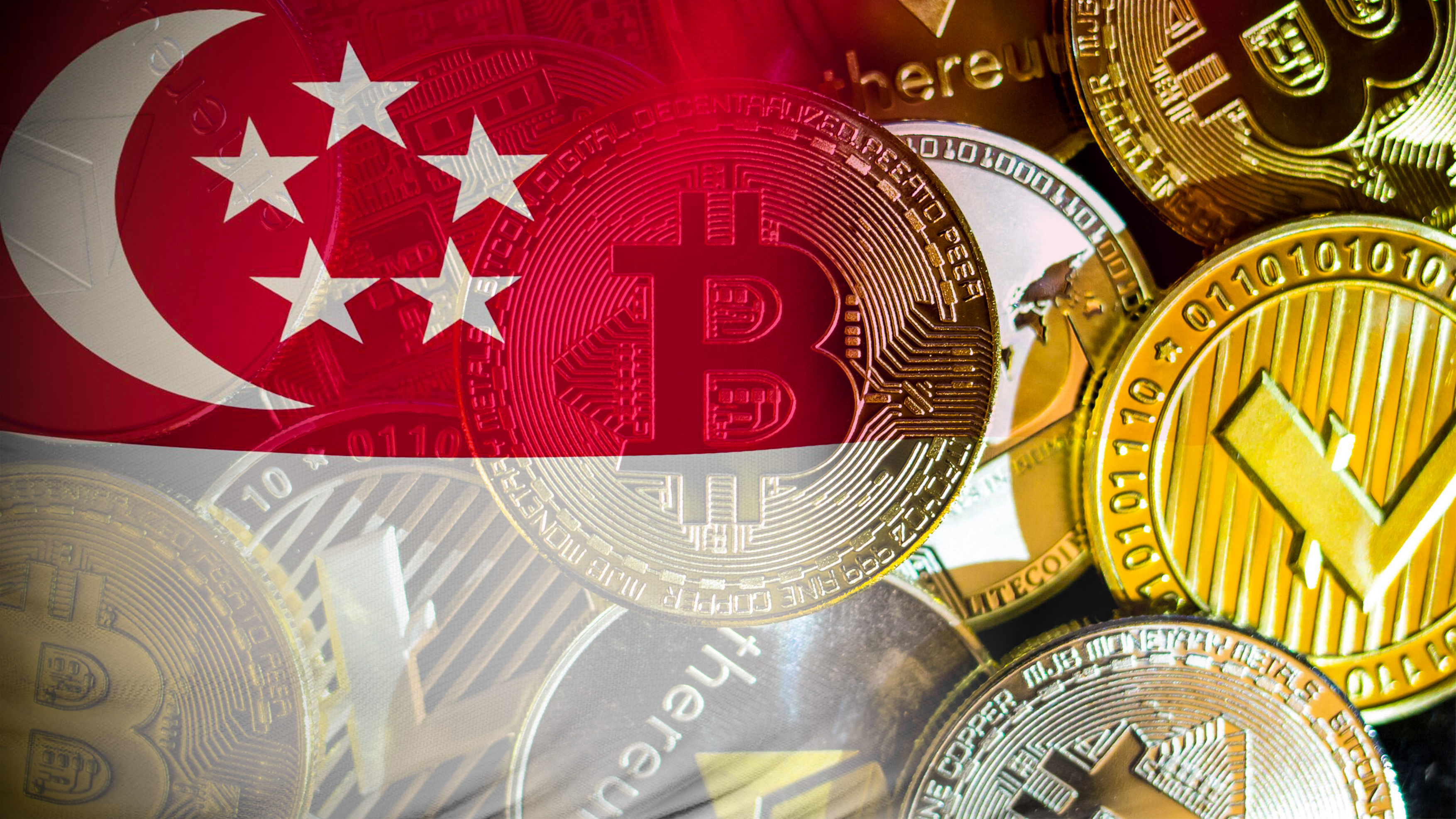The recent failure of cryptocurrency hedge fund Three Arrows Capital (3AC) and indications of increased surveillance by the Monetary Authority of Singapore have rocked Singapore’s budding cryptocurrency industry.

Singapore’s importance to Asia’s crypto sector can be understood from the fact that according to KPMG, investment in Singapore’s blockchain and cryptocurrency startups increased tenfold in 2021 to $1.48 billion, accounting for roughly half of the region’s total investment.
According to PwC, Singapore is home to 6% of all cryptocurrency funds in the globe, placing it third overall—behind the US and the UK—along with Switzerland and Hong Kong.
Singapore, along with Hong Kong, is one of Asia’s major centres for investment banking and asset management. Singapore is eager to take the lead in financial technologies, such as blockchain and cryptocurrency.
Digital asset firms fleding regulatory crackdowns abroad were drawn to Singapore’s crypto enterprises and service providers due to their size and variety.
Among them is Huobi, a cryptocurrency exchange that was formerly mostly focused on China but now has a sizable presence in Singapore.
American businesses with regional Asia offices in Singapore include the cryptocurrency exchange Gemini.
The citystate was also a pioneer in creating a licencing system for cryptocurrency businesses, drawing numerous businesses thinking that the support of a top regulator would help them succeed.
Other prominent business players have sought for licences in Singapore, including cryptocurrency exchange Coinbase.
The biggest bank in Singapore, DBS, has started its own cryptocurrency exchange.
For months, digital currencies have been in decline, with Bitcoin losing around half of its value since the beginning of May.
The collapse of the stablecoin TerraUSD and its linked token Luna, which caused significant losses for investors like 3AC, precipitated the sell-off. An official stated to the Wall Street Journal last month that the business lost around $200 million of its investment in Luna and that it was still working to determine its losses.
Several of 3AC’s lenders have allegedly sent letters of default, according to documents filed in US courts.
The Monetary Authority of Singapore has shown a supportive attitude in its pronouncements, supporting services relating to cryptocurrencies.
However, some businesses claim that the government’s reassuring language masks an occasionally strict regulatory approach.
Out of far over 100 applicants for new crypto payments licences, just a few permits have so far been given.
There are already well over 200 crypto enterprises in Singapore, but some have closed or relocated as a result of the licensure regime, according to Chia Hock Lai, co-chairman of the Blockchain Association Singapore.
The most well-known of them is Binance, the largest cryptocurrency exchange in the world, which fled Singapore last year as it came under intense international investigation.
Like other authorities, MAS has made it clear that it would adopt a strict approach to money laundering, consumer protection, and other potential concerns in the world of digital currencies.
Tharman Shanmugaratnam, Senior Minister and Chairman of the MAS, stated to the legislature last week that the agency was thinking about adding further consumer protections for cryptocurrency trading, but he omitted 3AC.
